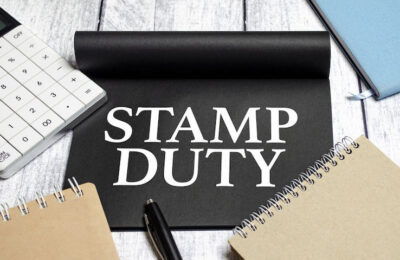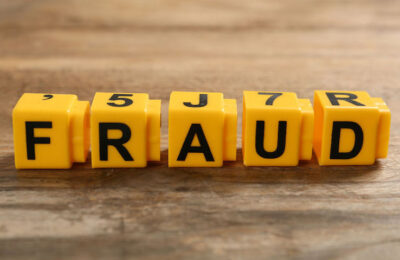If you’re thinking of retiring or selling all or part of your business, you need to keep Capital Gains Tax in mind.
Luckily, you can often make use of something called Business Asset Disposal Relief (BADR). This is what used to be known as Entrepreneurs’ Relief.
BADR a relief that allows you to reduce the amount of Capital Gains Tax you pay after disposing of qualifying business assets. By ‘disposing’, HMRC means selling, swapping or giving away an asset that belongs to the company. In many cases, people claim BADR on shares that they sell.
It’s worth knowing that BADR can be particularly valuable for higher rate taxpayers. This is because it cuts the rate on qualifying gains to 10% (14% from April 2025). However, while BADR is designed to encourage people to grow and invest in their businesses, it is subject to a lifetime limit. Currently you can claim up to £1 million in Business Asset Disposal Limit during your life.
A change to the Business Asset Disposal Relief limit
The Business Asset Disposal Relief limit was set at £1 million for disposals after 11th March 2020. The limit was much more generous before then. A BADR limit of £10 million applied to disposals between 6th April 2011 and 10th March 2020. It’s possible that some people are unaware of the lower BADR limit, causing them to claim relief on disposals that they’re not entitled to.
HMRC targeting BADR
HMRC continues to analyse Self-Assessment Tax Returns. As a result, it identifies people who have claimed BADR after exceeding the lifetime limit. It then writes to these individuals. The letters tell recipients the following:
Our records show that you’ve exceeded the lifetime limit of £1 million prior to submitting your latest Self Assessment return. This means your claim is unlikely to be accepted and you’ll need to pay tax on the capital gain at the normal Capital Gains Tax rates.
The limit was reduced from £10 million to £1 million on 11 March 2020. If you have already claimed £1 million or more before this date, you have already reached your limit. This means you will not be able to claim any future BADR.
What to do if you’ve exceeding the BADR limit
HMRC tells affected individuals that they should amend their Self-Assessment Tax Return within 30 days of receiving the letter. They should then pay any additional tax due, plus late payment interest.
If you think you haven’t exceeded the limit
If you get this letter and believe you haven’t exceeding the BADR limit, you need to get in touch with HMRC. They’ll consider any additional information you give them.
What happens if you ignore the letter
It’s not a good idea to ignore this letter. If you do, HMRC may amend your tax return or open a compliance check. If they do undertake a compliance check, you could also be charged a penalty on top of any interest due.
Can I get help with my BADR claim?
If you want to claim Business Asset Disposal Relief, it’s a good idea to talk to your accountant at THP. They’ll be able to advise you which assets you can claim for, plus calculate your lifetime limit. If you have already claimed more than your lifetime limit, they’ll also be able to help you correct your Self Assessment Tax Return and calculate how much you need to pay to HMRC.
About Karen Jones
Having worked for one of the world’s largest accountancy firms, Karen Jones uses her tax knowledge and skills to help clients obtain substantial reductions to their tax liabilities.
With an expanding portfolio of tax clients, Karen enjoys the variety her work brings her and particularly likes working with new businesses and people. With a growing number of tax clients, she frequently faces a variety of challenges and relishes the experience she gains as she solves them.
Karen likes the THP ethos: “I like the way the team has a professional, but friendly and down-to-earth approach – it creates a productive atmosphere that benefits everyone.”
Karen’s specialist skills:
- Personal Taxation
- Tax Efficient Planning
- Trust Administration












